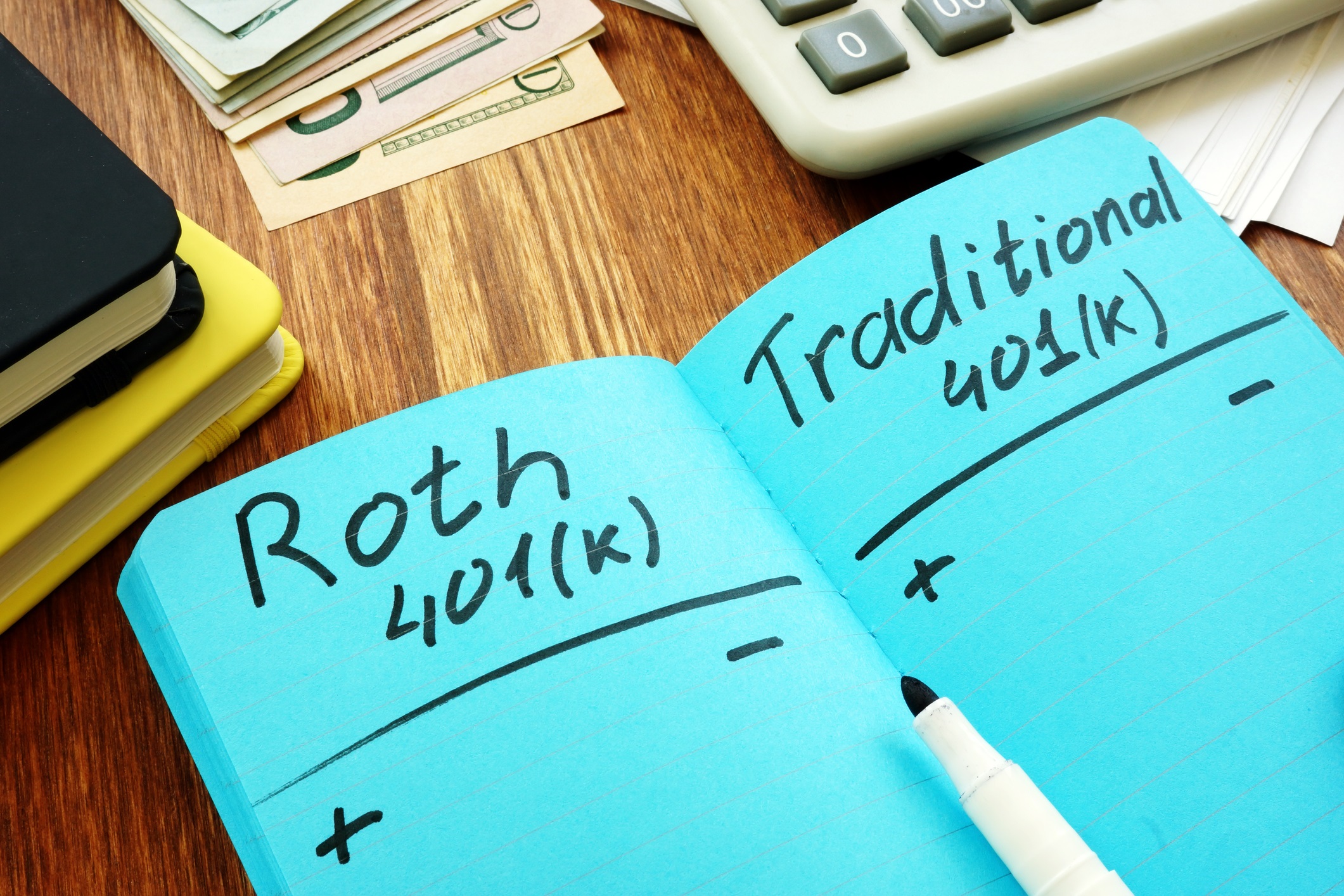Roth 401ks: When to Use Them and When to Pass


Workers have a number of considerations to keep in mind when saving for retirement – deciding what type of account to fund, how much to contribute, and whether to contribute pre-tax or after-tax dollars, just to name a few. A Barron’s article by Neal Templin titled “Are Roth 401(k)s Still a Good Deal? When to Use Them – and When to Pass” shares six reasons that highly paid workers may consider contributing to a Roth 401k plan, including comments from our very own, Dr. Dave Yeske. We share the six considerations below:
Your Tax Rate Will Never Be Lower
“The biggest reason not to fund a Roth 401(k) is if your tax rate will be lower when you take money out of the account in retirement.” If you expect to “be at a top rate for your entire life… you might want to bite the bullet and pay taxes now and see the money grow tax-free for decades.”
“It is very often the case that those subject to the highest rates working will also be subject to those same rates when retired,” says financial planner Dave Yeske of San Francisco. “That makes the Roth option attractive.”
You Fear Taxes Are Going Up in the Future
“Taxes are currently low by historical standards… [but] many fiscal experts think that taxes—particularly for the rich—are headed up. If your money is in a Roth, it should be insulated from future tax increases.”
It’s a Form of Forced Savings
“When you fund a Roth, you are using after-tax money. The bottom line is that you are saving more money for the future than if you made the same-sized contribution to a traditional 401(k) and still owe taxes down the road.”
You Want to Leave Money to Your Heirs
“Roth accounts pass tax-free to your heirs, unless your estate exceeds the $11.7 million lifetime estate exemption.” However, “if you leave a traditional 401(k) to your heirs… [they] will pay taxes on every dime they take out. If you’re leaving money to children who are still in their prime working years and in a high tax bracket, they could owe a lot of taxes.”
You Want to Leave Money to Your Heirs
“Roth accounts pass tax-free to your heirs, unless your estate exceeds the $11.7 million lifetime estate exemption.” However, “if you leave a traditional 401(k) to your heirs… [they] will pay taxes on every dime they take out. If you’re leaving money to children who are still in their prime working years and in a high tax bracket, they could owe a lot of taxes.”
Roths are Simpler and More Flexible
“Some people embrace Roths because they are less complicated than tax-deferred accounts. They don’t have to worry about taxes going up before they begin withdrawing money. They don’t have to worry about RMDs. They have paid the taxes, and money will grow tax-free for the rest of their lives.”
As with most aspects of financial planning, these considerations are not a one-size-fits-all recommendation. If you think you may benefit from contributing to a Roth 401(k) or if you have questions about your retirement savings, please don’t hesitate to contact us – we’re good people to think with!
